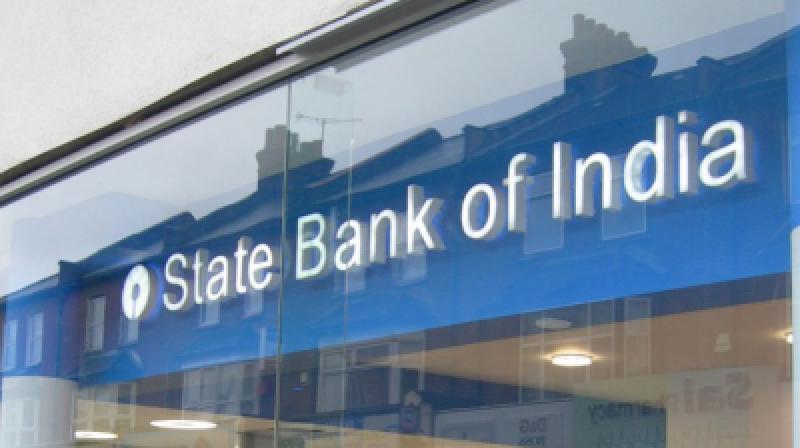SBI expects loan demand to rise with government spending
Next tranche of capital allocation will be strictly based on performance of banks against reform measures suggested by govt.

Davos: Demand for loans from Indian companies is still muted but should increase following more government spending on infrastructure projects, the head of the country’s largest state-owned bank said on Wednesday.
In recent months, the Indian finance ministry has said it wants to boost spending on sectors such as infrastructure, including ports and roads, to boost economic growth.
The SBI is the largest of 21 lenders that are majority owned by the Indian government and together account for more than two-thirds of the nation’s banking assets. The banks have, however, suffered more in recent years than their nimble private sector rivals after raking up record bad loans.
An economic slowdown that led to stalling of large projects coupled with over-leveraged companies has hit loan growth to industries. Loan growth has recently started showing signs of a pick-up, partly due to a lower base, after falling to a 2-1/2 decade low at the end of last financial year ended March 2017.
Among the sectors seeing a pick-up in activity, Kumar named renewable energy, roads and housing.
“When the government spends also then the private sector investment will follow,” Kumar said, referring to sectors such as steel and cement that would likely benefit from higher demand in roads and housing, and where plants are largely run by private sector companies.
Separately, India pledged on Wednesday to inject by March nearly $14 billion in 20 state-run banks, including SBI, to help the sector boost lending and tackle bad loans. Weaker banks such as IDBI Bank and Bank of India received a larger share of the recapitalisation.
Kumar called it a “balancing act”, but added the next tranche of the capital allocation will be strictly based on performance of the banks against reform measures suggested by the government.
“Message is also very loud and clear from the government that it’s not that they will continue to be supported forever,” Kumar said.
